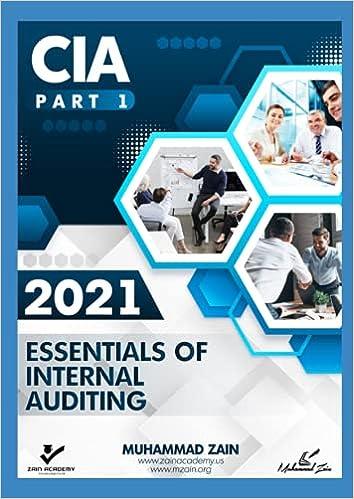Question
3. Consider a commercial bank that holds $10, 000 in deposits and has made loans for $5, 000 at a rate of 6% which is
3. Consider a commercial bank that holds $10, 000 in deposits and has made loans for $5, 000 at a rate of 6% which is paid annually. The bank holds no other assets and has equity equal to $5, 000. The reserve requirement in the economy is 7% and the interest rate is 5%. Please answer all parts of the question.
a. How much does the bank hold in reserves? How much of these are excess reserves.
b. Compute the banks leverage ratio and the return on assets at the end of period (after the annual loan payments have been made).
c. Assume the bank pays out the return over equity as a dividend. How is this transaction reflected on the balance sheet?
d. Assume the bank expects a cut in interest rates, so the rate at which they can borrow will be 3%. The bank chooses to double its leverage through a loan which is used to purchase 10-year bonds that pay a coupon rate equal to the current interest rate of 5% and have a face value of $1, 000. Describe how these transactions are reflected on the banks balance sheet.
Step by Step Solution
There are 3 Steps involved in it
Step: 1

Get Instant Access to Expert-Tailored Solutions
See step-by-step solutions with expert insights and AI powered tools for academic success
Step: 2

Step: 3

Ace Your Homework with AI
Get the answers you need in no time with our AI-driven, step-by-step assistance
Get Started


